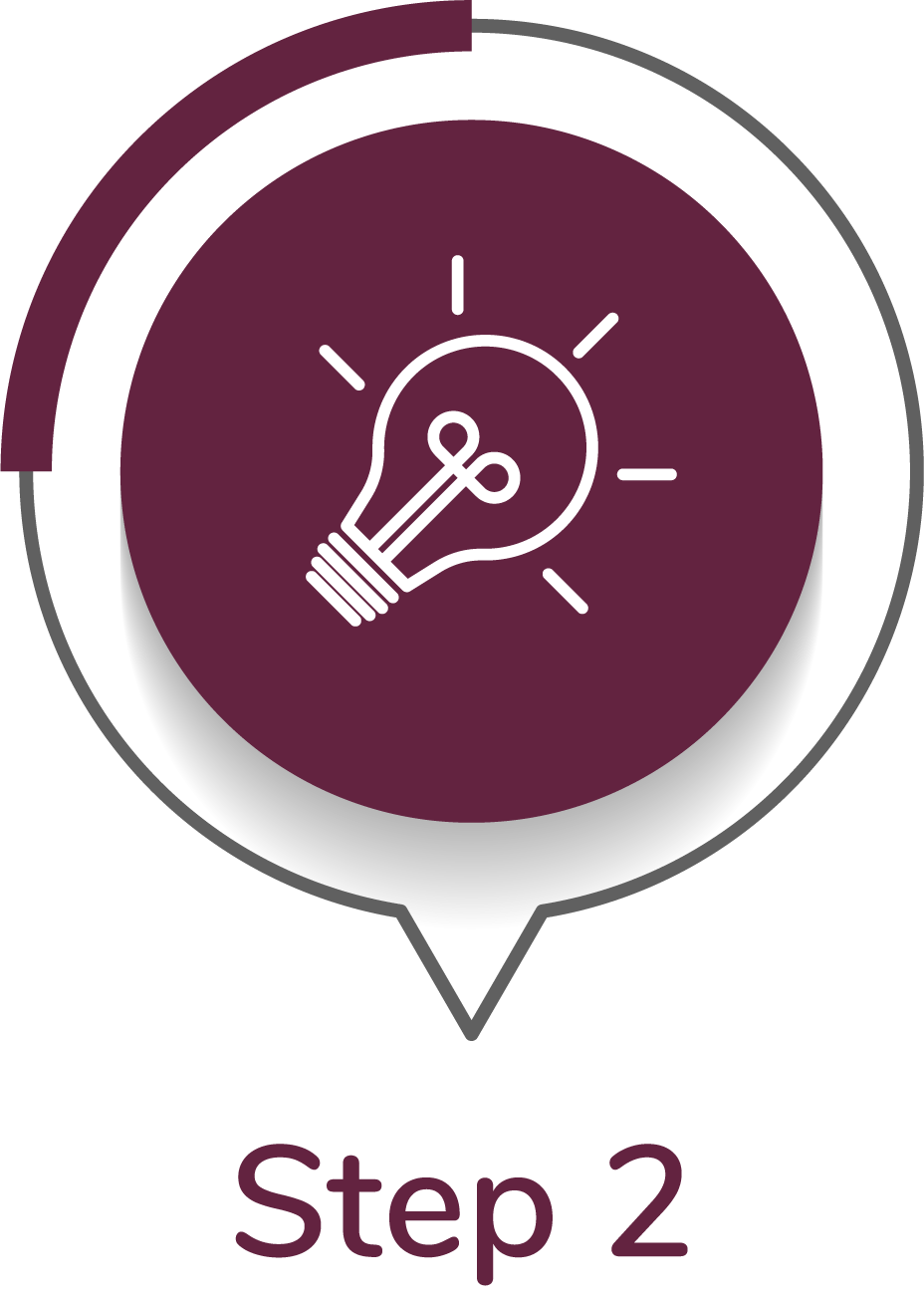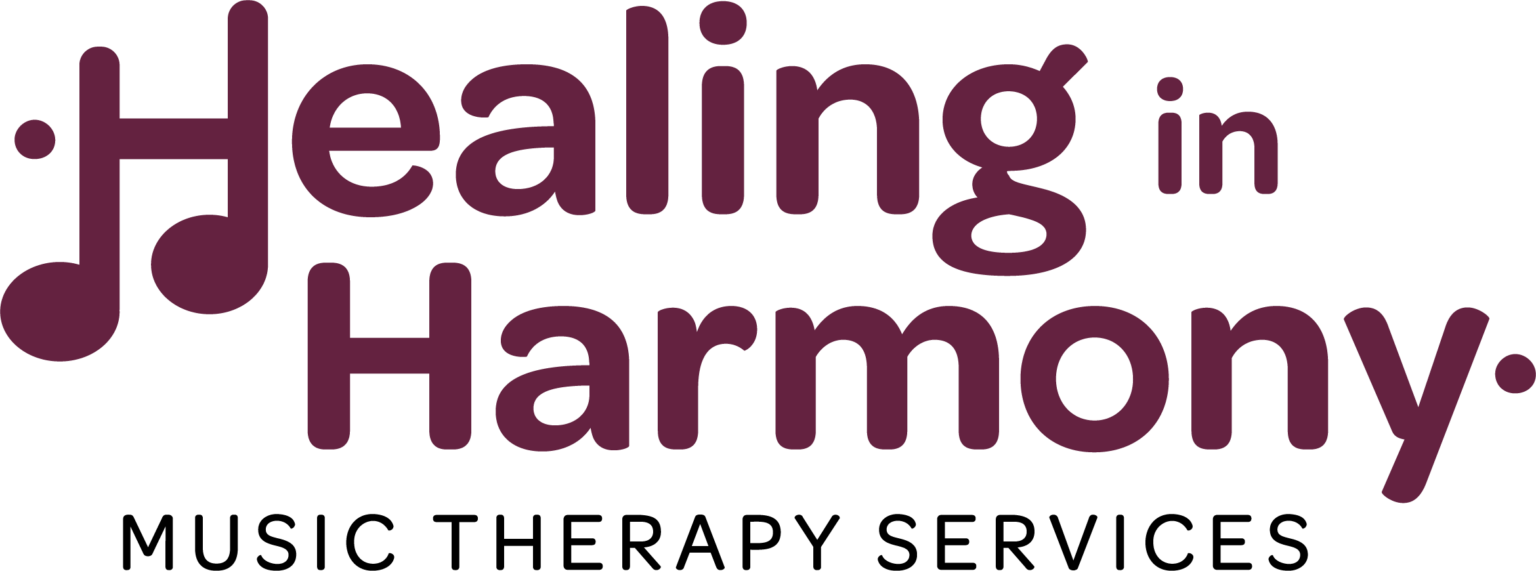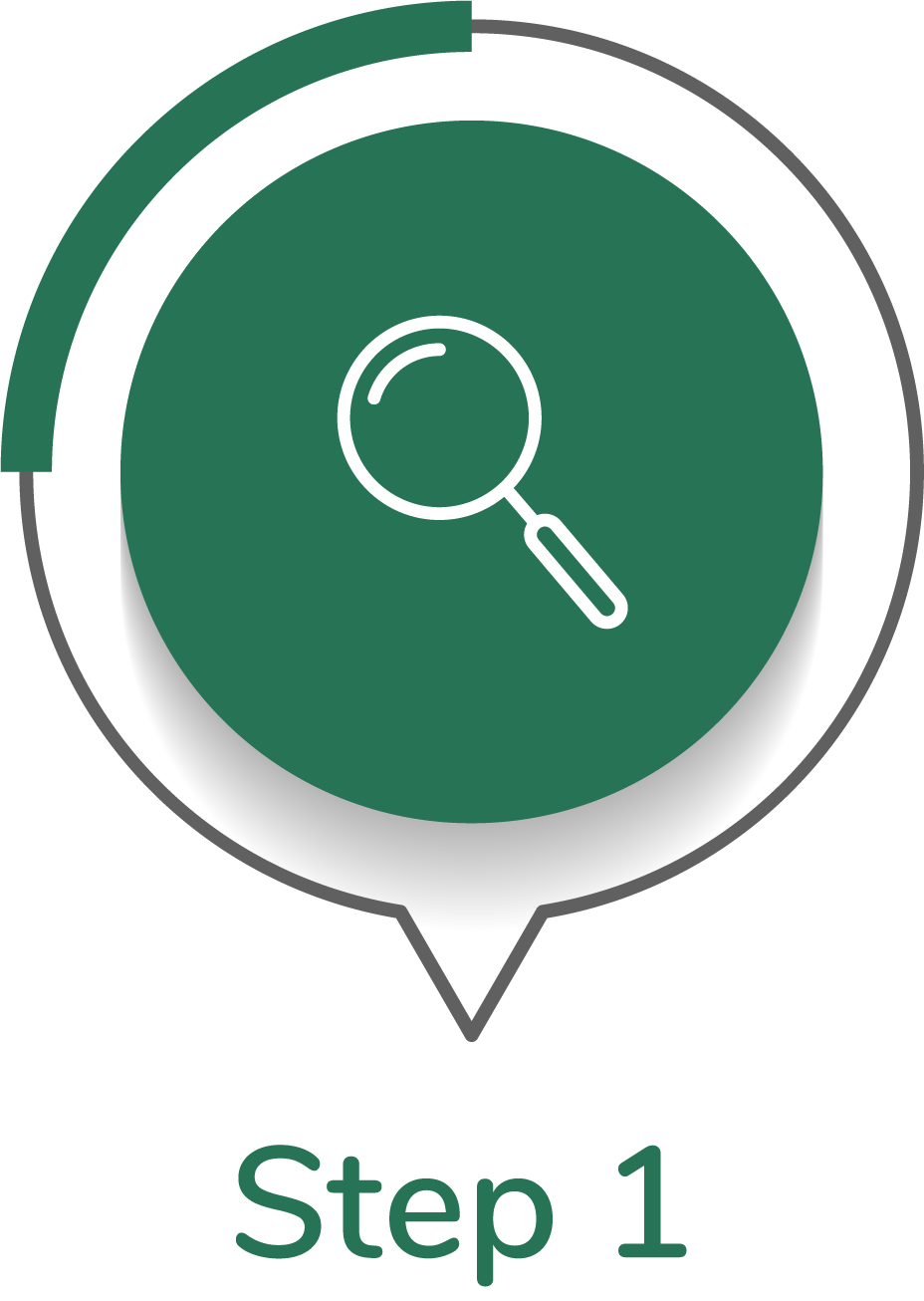It's as easy as 1, 2, 3.

Assessment
Lasts 60 minutes; the client is presented with various interventions that address social, emotional, cognitive, fine and gross motor, and communication skills.

Sessions Begin
Session frequency is determined – weekly or bi-weekly. Progress reports are generated monthly.
Frequently Asked Questions
Music therapists work with individuals to:
- improve social interaction
- improve fine and gross motor skills
- improve self expression of emotions
- increase self-esteem
- enhance quality of life
- increase self-regulatory skills
Music therapists work in various settings including:
- hospitals and medical facilities
- senior living facilities
- schools
- groups homes
- mental health care centers
- hospice and palliative care
- NICU
- rehabilitation facilities
Bring yourself just as you are!
The music therapist provides the tools needed for sessions and identifies, after the first assessment, what possible instruments or music may be needed.
Goals are identified during the 1-2 session assessment period, and from that, session plans are created to fit the individual client’s needs and preferences.
Sessions are generally structured with an intro, 3-5 interventions for particular goals, and then an ending intervention. This structure allows for continuity in music therapy sessions.
Sessions range from 30 minutes to 60 minutes.
Shorter sessions may be appropriate at first, for younger children, and then as they age, the session can get longer.
Sessions happen on a weekly or bi-monthly rate. In order for music therapy to be successful, continuity is a must.
Music therapy is a research-based profession based on scientific data.
A few of the larger scientific journals are Journal of Music Therapy Perspectives, Journal of Music Therapy, and the Nordic Journal of Music Therapy. All three of these journals are integral to the ongoing learning of music therapists and the profession.
I work with clients with depression, anxiety, bipolar disorder, ADHD, down syndrome, autism, cerebral palsy, elderly persons and those on hospice.
Music therapy is for adults and children who are motivated by musical stimuli, regardless of musical ability. Music therapists do not expect their clients to be musical, as they work towards non-musical goals through the use of musical interventions. The goal of music therapy is to help the client thrive in the real world.
Healing in Harmony does not currently have MN licensure yet, so at this time, we do not accept insurance.
Clients are encouraged to apply for waivers and grants through the Minnesota Department of Health.
Healing in Harmony accepts private pay, traditional and non-traditional waiver funds, and grant funds.
Ready to get started?
Contact Hailey today to schedule your free consultation and learn more about how Healing in Harmony Music Therapy can help!

